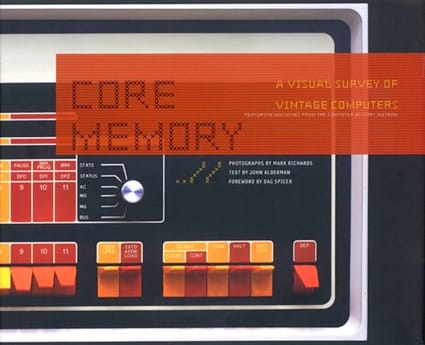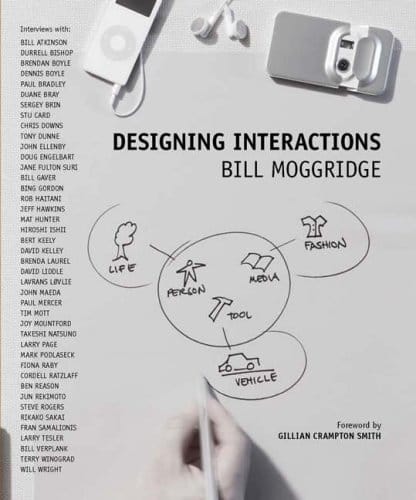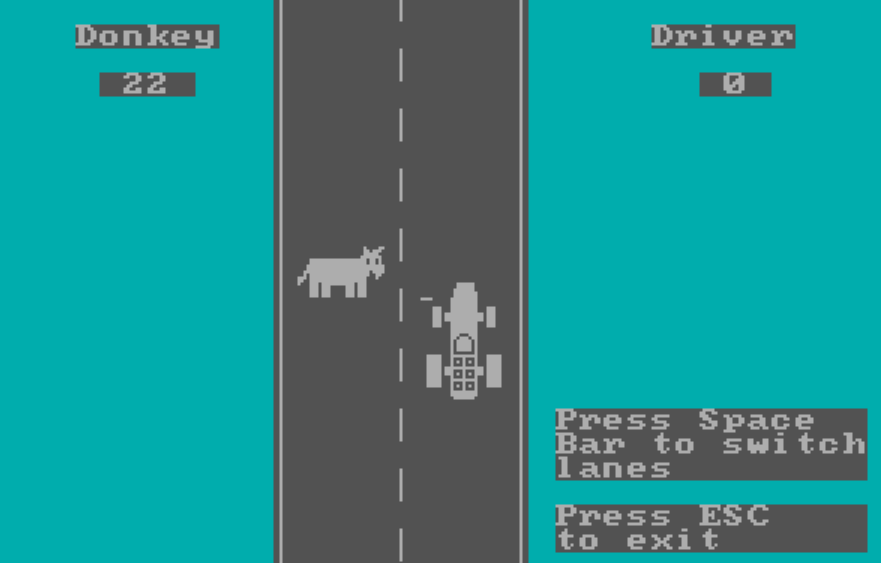
computer hardware
Computer Hardware Pornography
I’ve never understood programmers who loved the craft of programming, but were disinterested in the underlying hardware – the very tool that allows them to practice their craft. I have an unabashed love for computer hardware that borders on inappropriate. I’m not ashamed to admit it. Warning: this post





